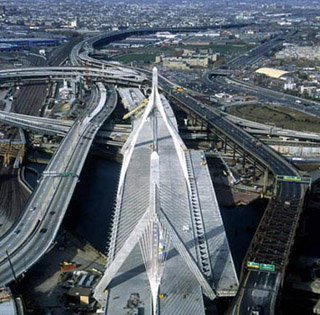Home » Course Layouts » Free Course Layout Udemy
The main objective of 1.054/1.541 is to provide students with a rational basis of the design of reinforced concrete members and structures through advanced understanding of material and structural behavior.
0
English
English [CC]
- Learn basic syntax that can apply to any language.
- Learn what is a programming language and the basic concepts for beginners.
- Understand what is Javascript in it's truest form.
- Know the basic syntax of Javascript.
- Know some hidden quirks in Javascript.
Description
This course is offered to undergraduate (1.054) and graduate students (1.541). Topics covered include: Strength and Deformation of Concrete under Various States of Stress; Failure Criteria; Concrete Plasticity; Fracture Mechanics Concepts; Fundamental Behavior of Reinforced Concrete Structural Systems and their Members; Basis for Design and Code Constraints; High-performance Concrete Materials and their use in Innovative Design Solutions; Slabs: Yield Line Theory; Behavior Models and Nonlinear Analysis; and Complex Systems: Bridge Structures, Concrete Shells, and Containments.
Professor Oral Buyukozturk thanks Tzu-Yang Yu, a graduate student at MIT, for his valuable assistance in preparing course documents.
Course content
- Introduction; Design Criteria for Reinforced Concrete Structures Unlimited
- Micro-cracking of Concrete; Stress-strain Behavior in Multiaxial Loading Unlimited
- Failure Theories Unlimited
- Concrete Plasticity Unlimited
- Fracture Concepts Unlimited
- Creep and Shrinkage Deformation Unlimited
- Ductility and Deflections Unlimited
- Shear Failures Unlimited
- Shear Transfer; Shear Design Unlimited
- Biaxial Bending Unlimited
- Beam Column Joints Unlimited
- Torsion Unlimited
- Torsion, Shear, and Flexure Unlimited
- Yield Line Theory for Slabs Unlimited
- R/C Thin Shell Structures Unlimited
- R/C Thin Shell and Structures (cont.) Unlimited
- Segmental Bridges / Tall Buildings Unlimited
- Deterioration and Non-destructive Evaluation (NDE) of Concrete Structures Unlimited
- Earthquake Resistant Design; Repair and Seismic Retrofit of Concrete Structures Unlimited
N.A
- 5 stars0
- 4 stars0
- 3 stars0
- 2 stars0
- 1 stars0
No Reviews found for this course.










